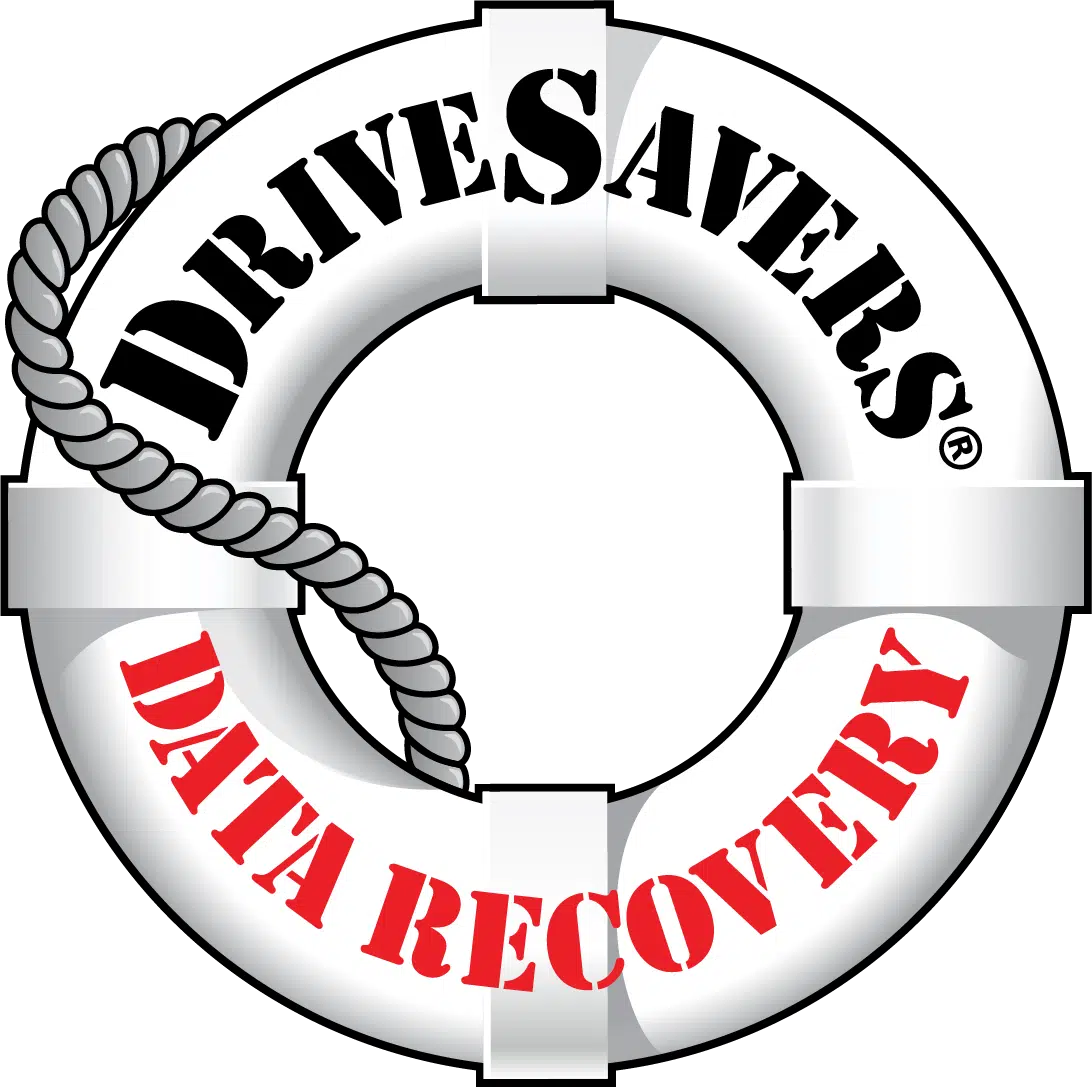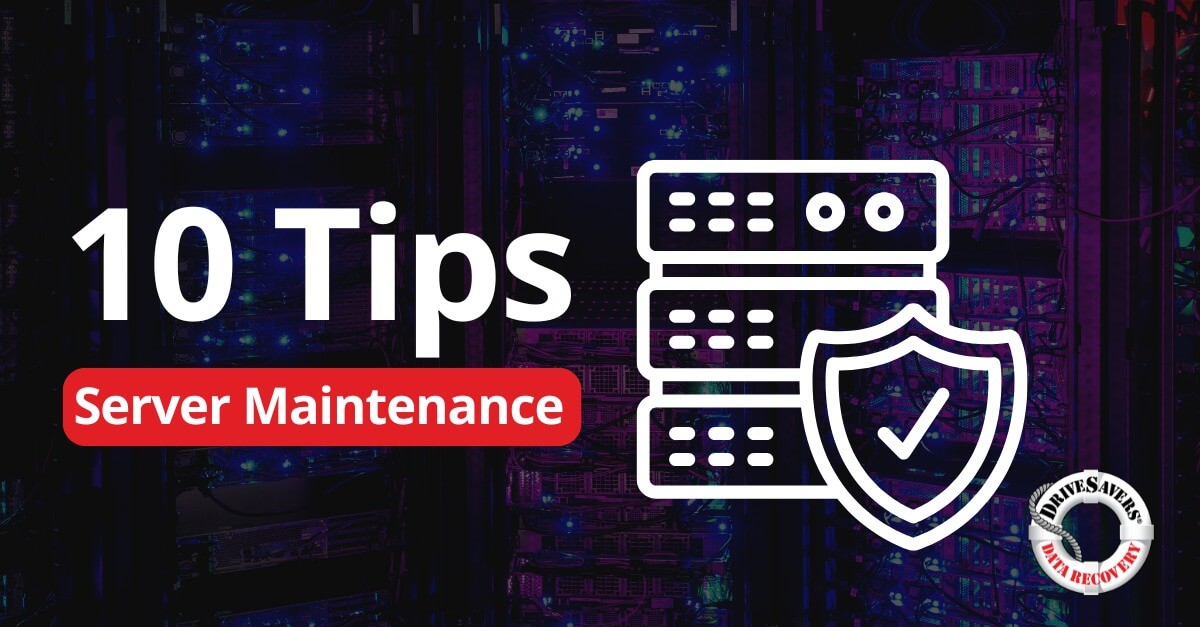At DriveSavers, we often receive requests for data recovery from grieving family members who don’t know the passcode to their loved one’s device.
How Long Will My Digital Storage Last?

Not too long ago getting your first flash drive was a big deal, making you feel like a cool, tech-savvy type, ready to take on the world one USB drive at a time. That drive might have been a gig or two (if you were lucky) and was used to store all the data you needed to be portable.
Fast forward a few years (OK, decades) and that little one gig flash drive seems a bit ridiculous. Today, most of us carry 32 to 64GB in our pockets at all times, and a dinky flash drive is far from the only storage option at your fingertips.
Most of us have multiple options for storage, ranging from flash drives to SDs, solid state hard drives, hard disc drives, external hard drives, micro USBs and more. There are so many to choose from that the type of storage you use is likely not what the person next to you uses. And that’s OK.
What should you consider when purchasing media storage?
Of course, size is one of the first factors you probably consider when purchasing media storage, but size isn’t everything. You should also evaluate speed, accessibility, portability and reliability. The combination of those factors that works best for you will determine what type of storage you prefer.
Of all the factors you should think about, though, reliability probably comes up the least. Except it’s probably the most important!
Let’s focus on reliability
Reliability is crucial for two main reasons. First, reliability determines how frequently you’ll need to replace your storage media. Second, reliability impacts how safe your data will be from malfunctions resulting in data loss.
When investing in storage media, you don’t want to think about the possibility of failure. But failure, especially in terms of technology, is a certainty rather than a possibility.
The best course of action to prevent failures causing data loss is to heavily weigh reliability when selecting storage media. Here’s what we take into account when looking at SSDs vs HDDs vs flash drive reliability.
Hard Disk Drives (HDDs)
Seen by many as the gold standard of storage, hard disk drives have been around as long as computers. HDDs are probably what most people picture when they think of media storage.
A 2013 study examined 25,000 HDDs and found about 5 percent failed within the first 18 months of use, presumably due to manufacturer defects. Almost all the remaining drives held steady until their fourth year of use when the failure rate rose to nearly 12 percent. And about three-quarters of the drives were still in good working condition going into the fifth year.
So HDDs are generally very reliable…with one exception. They’re constructed with mechanical moving parts that need to function properly for the hard drive to work. These moving parts can malfunction, sometimes causing data loss. And they can suffer from head crashes caused by anything from overheating to a manufacturer’s defect.
On the bright side, data deleted from an HDD is rarely gone forever. That’s because data written to a hard disk drive when deleted, is hidden to the user yet still on the disk. These hidden areas can be accessed by a skilled data recovery professional, should the need arise.
HDDs are still a great option for long term data storage. They’re the tried and true option and can be written an unlimited amount of times. The same can’t be said for their new, flashy counterparts, solid state drives!
Solid State Drives (SSDs)
Solid state drives have gained a lot of popularity in recent years because of their speed, portability and accessibility. The perception is that SSD reliability is better than anything else on the market, but in reality these drives haven’t been in use long enough to know for sure.
The logic certainly holds up. Solid state drives don’t have the moving parts of an HDD, so the possibility of malfunction is lower. SSDs lack of moving parts makes them more physically durable and less likely to be impacted by wear and tear. The dreaded head crash of yesterday’s HDD isn’t even a possibility for today’s SSD.
However, SSDs aren’t fail-proof. Each unit has a predetermined amount of times it will write data to the disk. While this isn’t an issue for most users, people who create and save a great deal of data will find SSDs not as reliable as HDDs. Fortunately, in the unlikely event the write limit is reached, you will still be able to read data already saved to your SSD.
SSDs are also very susceptible to power failures that can easily corrupt data or cause the unit to completely shut down. If you experience an SSD failure, consult with a data recovery professional right away to save your information.
If you’re wondering how SSD vs HDD lifespans compare, the verdict is still out. Solid state hard drives simply haven’t been on the market long enough to tell. On the issue of SSD vs HDD reliability, however, you can safely assume SSDs are slightly more reliable given their lack of moving parts.
Flash Drives
The flash drives we talked about earlier are one of the more popular types of SSD because of their portability and accessibility. Although they’ve been on the market far longer, flash drives use the same type of media to read and write data as SSDs. While these small units don’t have as much storage as their HDD or SSD counterparts, they do have an important role to play in the tech world.
Physically, the flash drive structure is very similar to solid state hard drives. There’s no moving parts, and they write data to an SSD. They also have a finite amount of write cycles—anywhere from 3,000 to 5,000—so aren’t a good option if you need to create and save over and over again.
The downside of flash drives is that they’re often made with cheap components to keep costs low, so they’re far less reliable.
As always, no matter what storage media you choose, always back up your data! No storage solution is foolproof, and losing your data to a hardware failure isn’t fun.
If you find yourself in a position where your data’s lost and your drive’s caput, contact a data recovery professional today to get your information back fast!




